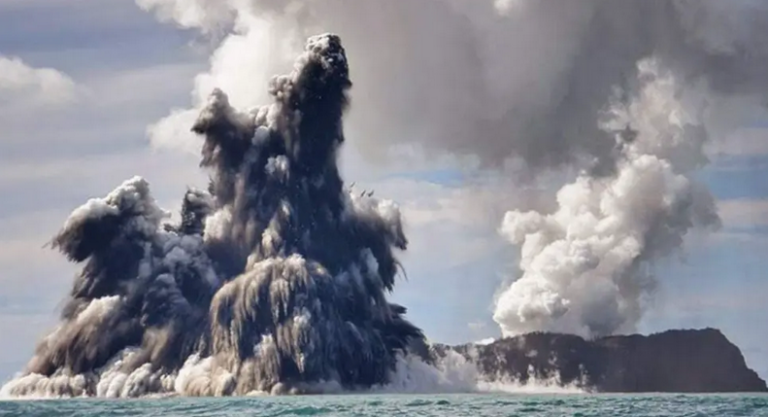While residents of Tonga struggle to recover from a devastating volcanic explosion that smothered the Pacific island nation with ash and swamped it with water, scientists are trying to better understand the global effects of the eruption.
They already know the answer to one crucial question: Although it appeared to be the largest eruption in the world in three decades, the explosion of the Hunga volcano on Saturday will very likely not have a temporary cooling effect on the global climate, as some past enormous eruptions have.
But in the aftermath of the event, there may be short-term effects on weather in parts of the world and possibly minor disruptions in radio transmissions, including those used by global positioning systems.
Crete 2nd in Europe and 5th in the world in the Tripadvisor 2022 popular destinations lists
The shock wave produced by the explosion, as well as the unusual nature of the tsunamis it generated, will have scientists studying the event for years. Tsunamis were detected not just in the Pacific, but in the Atlantic, Caribbean and Mediterranean as well
“Not that we weren’t aware of volcanic explosions and tsunamis,” said Lori Dengler, an emeritus professor of geophysics at Humboldt State University in California. “But to witness it with the modern array of instruments we have is truly unprecedented”.
Read more: The New York Times
Ask me anything
Explore related questions





